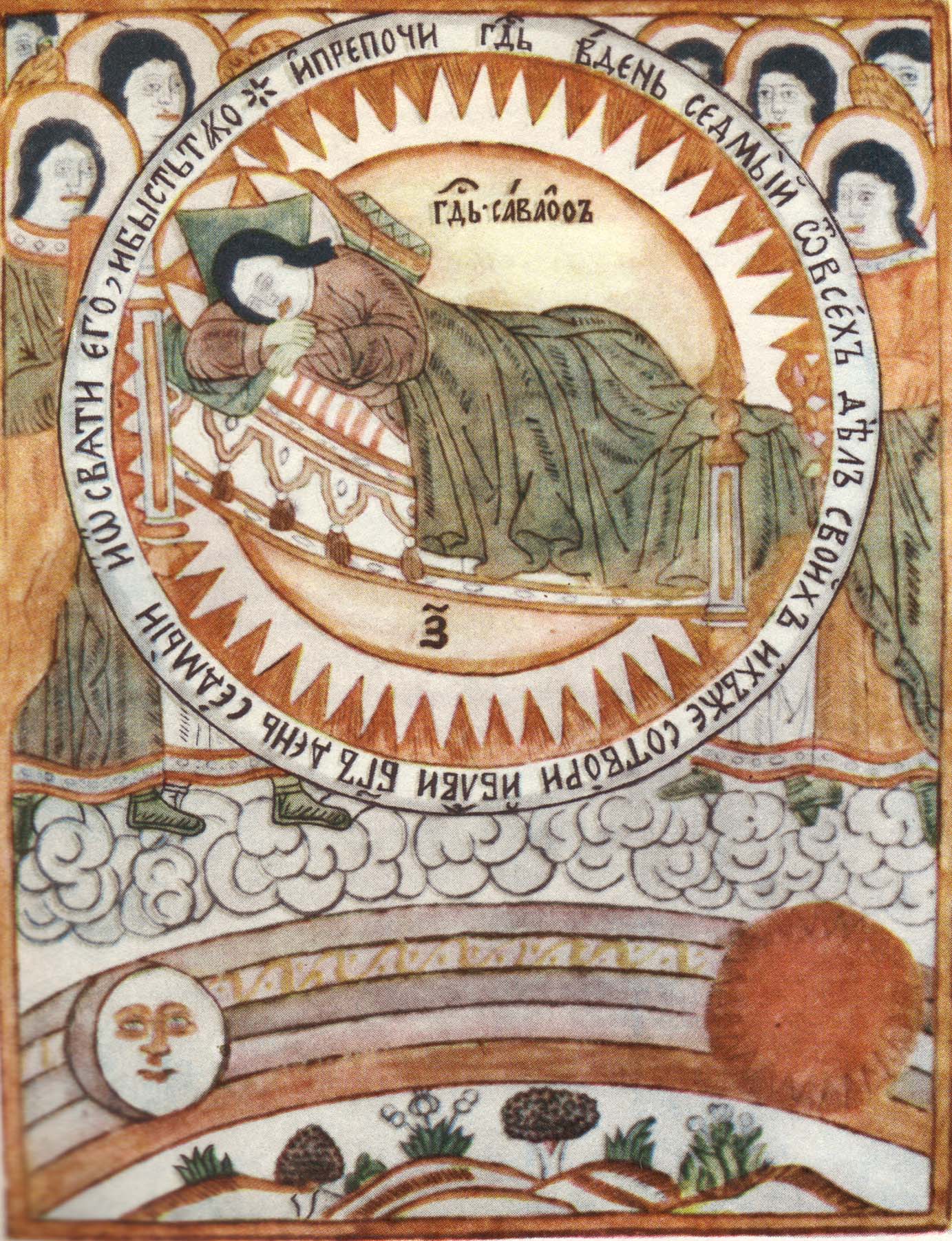|
Moral Status Of Animals In The Ancient World
Contemporary debates about animal welfare and animal rights can be traced back to ancient history. Records from as early as the 6th century before the common era (BCE) include discussions of animal ethics in Jain and Greek texts. The relations between humans and nonnhumans are also discussed in the books of Exodus and Genesis, Jewish writings from the 6th or 5th century BCE. Hinduism and Buddhism The earliest reference to the idea of non-violence to animals (''pashu-ahimsa''), apparently in a moral sense, is in the Hindu text of Kapisthala Katha Samhita of the Yajurveda (KapS 31.11), written about the 8th century BCE. Both Hindu and Buddhist societies saw widespread vegetarianism from the 3rd century BCE, in line with ''ahimsa'', the doctrine of non-violence. Ryder writes that animals were thought to possess the same feelings as human beings, and several kings of ancient India built hospitals for sick animals. Human souls could be reborn as animals if they had behaved badly, w ... [...More Info...] [...Related Items...] OR: [Wikipedia] [Google] [Baidu] |
Animal Welfare
Animal welfare is the quality of life and overall well-being of animals. Formal standards of animal welfare vary between contexts, but are debated mostly by animal welfare groups, legislators, and academics. Animal welfare science uses measures such as longevity, disease, immunosuppression, ethology, behavior, physiology, and reproduction, although there is debate about which of these best indicate animal welfare. Respect for animal welfare is often based on the belief that nonhuman animals are Sentience, sentient and that consideration should be given to their well-being or suffering, especially when they are under the care of humans. These concerns can include how animals are Animal slaughter, slaughtered for food, how they are used in Animal testing, scientific research, how they are kept (as pets, in zoos, farms, circuses, etc.), and how human activities affect the welfare and survival of wild species. There are two forms of criticism of the concept of animal welfare, comin ... [...More Info...] [...Related Items...] OR: [Wikipedia] [Google] [Baidu] |
Ancient Greece
Ancient Greece () was a northeastern Mediterranean civilization, existing from the Greek Dark Ages of the 12th–9th centuries BC to the end of classical antiquity (), that comprised a loose collection of culturally and linguistically related city-states and communities. Prior to the Roman period, most of these regions were officially unified only once under the Kingdom of Macedon from 338 to 323 BC. In Western history, the era of classical antiquity was immediately followed by the Early Middle Ages and the Byzantine period. Three centuries after the decline of Mycenaean Greece during the Bronze Age collapse, Greek urban poleis began to form in the 8th century BC, ushering in the Archaic period and the colonization of the Mediterranean Basin. This was followed by the age of Classical Greece, from the Greco-Persian Wars to the death of Alexander the Great in 323 BC, and which included the Golden Age of Athens and the Peloponnesian War. The u ... [...More Info...] [...Related Items...] OR: [Wikipedia] [Google] [Baidu] |
Biblical Sabbath
The Sabbath is a weekly day of rest or time of worship given in the Bible as the seventh day. It is observed differently in Judaism and Christianity and informs a similar occasion in several other faiths. Observation and remembrance of Sabbath is one of the Ten Commandments (" Remember the sabbath day, to keep it holy") considered to be the fourth in Judaism, Eastern Orthodoxy, and most Protestant traditions, and the third in Roman Catholic and Lutheran traditions. Etymology Sabbath The Biblical Hebrew ''Shabbat'' is a verb meaning "to cease" or "to rest", its noun form meaning a time or day of cessation or rest. Its Anglicized pronunciation is ''Sabbath.'' A number of scholars propose a cognate Akkadian word ''šapattu'' or ''šabattu'', which refers to the day of the full moon. A lexicographic list found in the library of Ashurbanipal glosses ''šabattu'' as " he gods'day of the heart's rest" (''ūm nûḫ libbi''), although this probably refers to the appeasement of t ... [...More Info...] [...Related Items...] OR: [Wikipedia] [Google] [Baidu] |
Torah
The Torah ( , "Instruction", "Teaching" or "Law") is the compilation of the first five books of the Hebrew Bible, namely the books of Genesis, Exodus, Leviticus, Numbers and Deuteronomy. The Torah is also known as the Pentateuch () or the Five Books of Moses. In Rabbinical Jewish tradition it is also known as the Written Torah (, ). If meant for liturgic purposes, it takes the form of a Torah scroll ( '' Sefer Torah''). If in bound book form, it is called '' Chumash'', and is usually printed with the rabbinic commentaries (). In rabbinic literature, the word ''Torah'' denotes both the five books ( "Torah that is written") and the Oral Torah (, "Torah that is spoken"). It has also been used, however, to designate the entire Hebrew Bible. The Oral Torah consists of interpretations and amplifications which according to rabbinic tradition have been handed down from generation to generation and are now embodied in the Talmud and Midrash. Rabbinic tradition's underst ... [...More Info...] [...Related Items...] OR: [Wikipedia] [Google] [Baidu] |
Theophrastus
Theophrastus (; ; c. 371 – c. 287 BC) was an ancient Greek Philosophy, philosopher and Natural history, naturalist. A native of Eresos in Lesbos, he was Aristotle's close colleague and successor as head of the Lyceum (classical), Lyceum, the Peripatetic school, Peripatetic school of philosophy in Athens. Theophrastus wrote numerous treatises across all areas of philosophy, working to support, improve, expand, and develop Aristotelian system, the Aristotelian system. He made significant contributions to various fields, including ethics, metaphysics, botany, and natural history. Often considered the "father of botany" for his groundbreaking works "Historia Plantarum (Theophrastus), Enquiry into Plants" () and "On the Causes of Plants", () Theophrastus established the foundations of Botany, botanical science. His given name was (Ancient Greek: ); the nickname Theophrastus ("divine speaker") was reputedly given to him by Aristotle in recognition of his eloquent style. He came to ... [...More Info...] [...Related Items...] OR: [Wikipedia] [Google] [Baidu] |
Great Chain Of Being
The great chain of being is a hierarchical structure of all matter and life, thought by medieval Christianity to have been decreed by God. The chain begins with God and descends through angels, Human, humans, Animal, animals and Plant, plants to minerals. The great chain of being () is a concept derived from Plato, Aristotle (in his ''Historia Animalium''), Plotinus and Proclus. Further developed during the Middle Ages, it reached full expression in early modern Neoplatonism. Divisions The chain of being hierarchy has God at the top, above angels, which like him are entirely Spirit (animating force), spirit, without material bodies, and hence immutability (theology), unchangeable. Beneath them are humans, consisting both of spirit and matter; they change and die, and are thus essentially impermanent. Lower are animals and plants. At the bottom are the mineral materials of the earth itself; they consist only of matter. Thus, the higher the being is in the chain, the more attrib ... [...More Info...] [...Related Items...] OR: [Wikipedia] [Google] [Baidu] |
Aristotle
Aristotle (; 384–322 BC) was an Ancient Greek philosophy, Ancient Greek philosopher and polymath. His writings cover a broad range of subjects spanning the natural sciences, philosophy, linguistics, economics, politics, psychology, and the arts. As the founder of the Peripatetic school of philosophy in the Lyceum (classical), Lyceum in Athens, he began the wider Aristotelianism, Aristotelian tradition that followed, which set the groundwork for the development of modern science. Little is known about Aristotle's life. He was born in the city of Stagira (ancient city), Stagira in northern Greece during the Classical Greece, Classical period. His father, Nicomachus (father of Aristotle), Nicomachus, died when Aristotle was a child, and he was brought up by a guardian. At around eighteen years old, he joined Plato's Platonic Academy, Academy in Athens and remained there until the age of thirty seven (). Shortly after Plato died, Aristotle left Athens and, at the request ... [...More Info...] [...Related Items...] OR: [Wikipedia] [Google] [Baidu] |
Transmigration Of The Soul
Reincarnation, also known as rebirth or transmigration, is the philosophical or religious concept that the non-physical essence of a living being begins a new lifespan in a different physical form or body after biological death. In most beliefs involving reincarnation, the soul of a human being is immortal and does not disperse after the physical body has perished. Upon death, the soul merely becomes transmigrated into a newborn baby or into an animal to continue its immortality. (The term "transmigration" means the passing of a soul from one body to another after death.) Reincarnation ('' punarjanman'') is a central tenet of Indian religions such as Hinduism, Buddhism, Jainism, and Sikhism. In various forms, it occurs as an esoteric belief in many streams of Judaism, in certain pagan religions (including Wicca), and in some beliefs of the Indigenous peoples of the Americas and of Aboriginal Australians (though most believe in an afterlife or spirit world). Some ancient ... [...More Info...] [...Related Items...] OR: [Wikipedia] [Google] [Baidu] |
Reincarnation
Reincarnation, also known as rebirth or transmigration, is the Philosophy, philosophical or Religion, religious concept that the non-physical essence of a living being begins a new lifespan (other), lifespan in a different physical form or physical body, body after biological death. In most beliefs involving reincarnation, the soul of a human being is immortality, immortal and does not disperse after the physical body has perished. Upon death, the soul merely becomes transmigrated into a newborn baby or into an animal to continue its immortality. (The term "transmigration" means the passing of a soul from one body to another after death.) Reincarnation (''punarjanman'') is a central tenet of Indian religions such as Hinduism, Buddhism, Jainism, and Sikhism. In various forms, it occurs as an esoteric belief in many streams of Judaism, in certain Paganism, pagan religions (including Wicca), and in some beliefs of the Indigenous peoples of the Americas and of Australian ... [...More Info...] [...Related Items...] OR: [Wikipedia] [Google] [Baidu] |
Pythagoras
Pythagoras of Samos (; BC) was an ancient Ionian Greek philosopher, polymath, and the eponymous founder of Pythagoreanism. His political and religious teachings were well known in Magna Graecia and influenced the philosophies of Plato, Aristotle, and, through them, Western philosophy. Modern scholars disagree regarding Pythagoras's education and influences, but most agree that he travelled to Croton in southern Italy around 530 BC, where he founded a school in which initiates were allegedly sworn to secrecy and lived a communal, ascetic lifestyle. In antiquity, Pythagoras was credited with mathematical and scientific discoveries, such as the Pythagorean theorem, Pythagorean tuning, the five regular solids, the theory of proportions, the sphericity of the Earth, the identity of the morning and evening stars as the planet Venus, and the division of the globe into five climatic zones. He was reputedly the first man to call himself a philosopher ("lover of wi ... [...More Info...] [...Related Items...] OR: [Wikipedia] [Google] [Baidu] |
Anthropocentrism
Anthropocentrism ( ) is the belief that human beings are the central or most important entity on the planet. The term can be used interchangeably with humanocentrism, and some refer to the concept as human supremacy or human exceptionalism. From an anthropocentric perspective, humankind is seen as separate from nature and superior to it, and other entities (animals, plants, minerals, etc.) are viewed as resources for humans to use. It is possible to distinguish between at least three types of anthropocentrism: perceptual anthropocentrism (which "characterizes paradigms informed by sense-data from human sensory organs"); descriptive anthropocentrism (which "characterizes paradigms that begin from, center upon, or are ordered around ''Homo sapiens'' / ‘the human'"); and normative anthropocentrism (which "characterizes paradigms that make assumptions or assertions about the superiority of ''Homo sapiens'', its capacities, the primacy of its values, rits position in the universe" ... [...More Info...] [...Related Items...] OR: [Wikipedia] [Google] [Baidu] |









